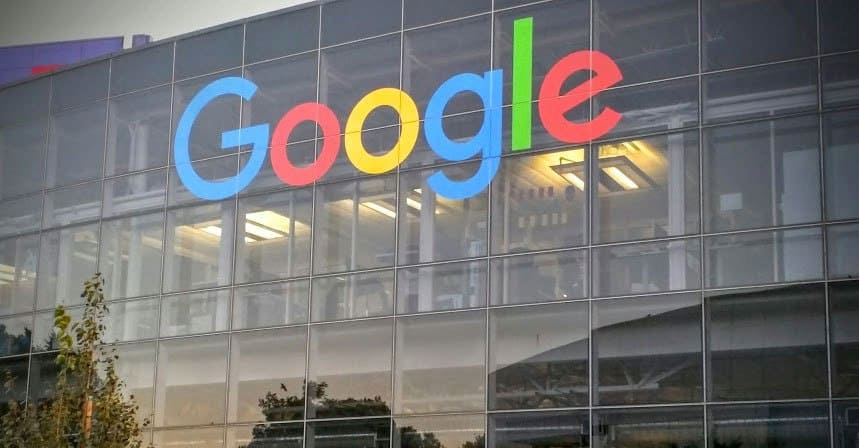Technology
Google To Delete Incognito Search Data To End Privacy Suit

Google has agreed to a significant settlement involving the deletion of extensive search data, addressing allegations that it tracked millions of U.S. users who believed they were browsing privately.
Naija News reports that this agreement, pending approval by a San Francisco federal court judge, mandates Google to “delete and/or remediate billions of data records” associated with the use of Chrome browser’s Incognito Mode, as revealed in recent court documents.
The legal action, aimed at the tech giant’s alleged misrepresentation of data collection and usage, marks a pivotal moment in the push for greater transparency and honesty within the technology sector.
“This settlement is an historic step in requiring dominant technology companies to be honest in their representations to users about how they collect and employ user data and to delete and remediate collected data,” lawyer David Boies stated in the court filing.
A hearing is scheduled for July 30 before Judge Yvonne Gonzalez Rogers to determine the fate of the settlement that would allow Google to sidestep a trial in the class-action lawsuit.
While the settlement does not entail cash damages, it allows Chrome users who felt deceived to pursue separate legal action against Google for monetary compensation.
Originating from a lawsuit filed in June 2020 seeking a minimum of $5 billion in damages, the case has spotlighted the misleading nature of Chrome’s Incognito Mode, which plaintiffs argued offered a false sense of online privacy.
Google, through spokesman Jorge Castaneda, has responded to the settlement, emphasizing the lawsuit’s lack of merit and expressing willingness to delete obsolete technical data unrelated to personalization efforts.
“We are pleased to settle this lawsuit, which we always believed was meritless,” said Castaneda.
Evidence presented during the lawsuit revealed that Google continued to track user activity in Incognito Mode for web traffic analysis and advertising purposes.
The plaintiffs accused Google of infringing on user privacy by deceitfully promoting the incognito option, allowing the tech giant unprecedented access to detailed personal and internet usage information.
As part of the settlement agreement, Google is required to block third-party tracking cookies by default in Incognito Mode for the next five years.
These cookies, crucial for targeted advertising, track web navigation and are typically placed by visited websites rather than the browser itself.











